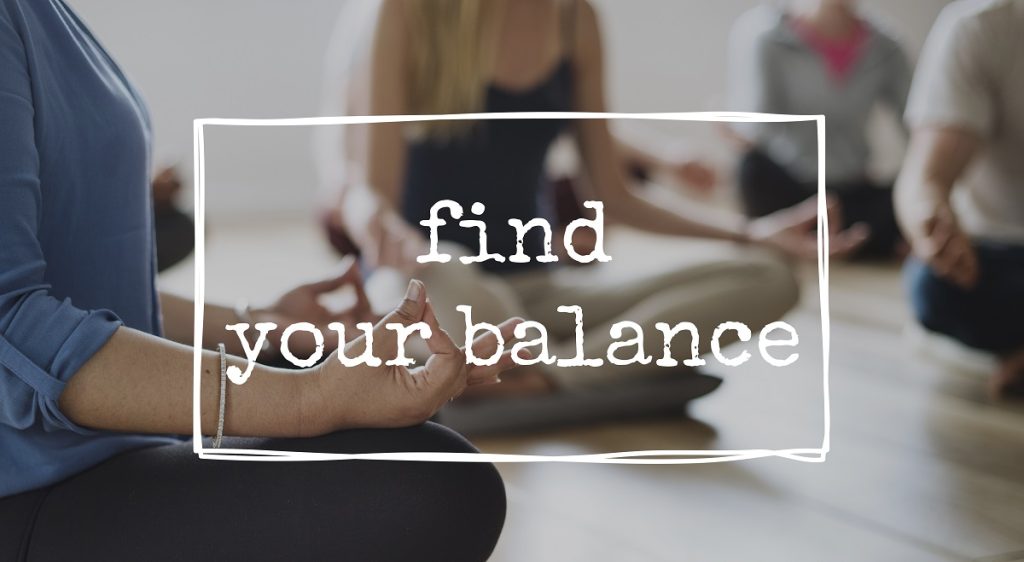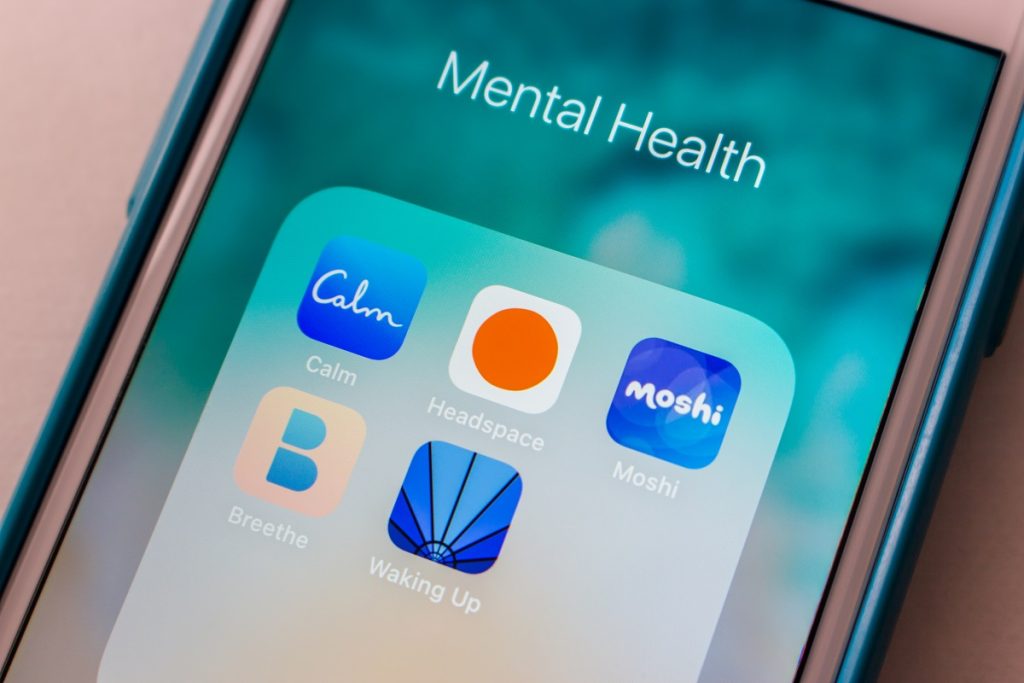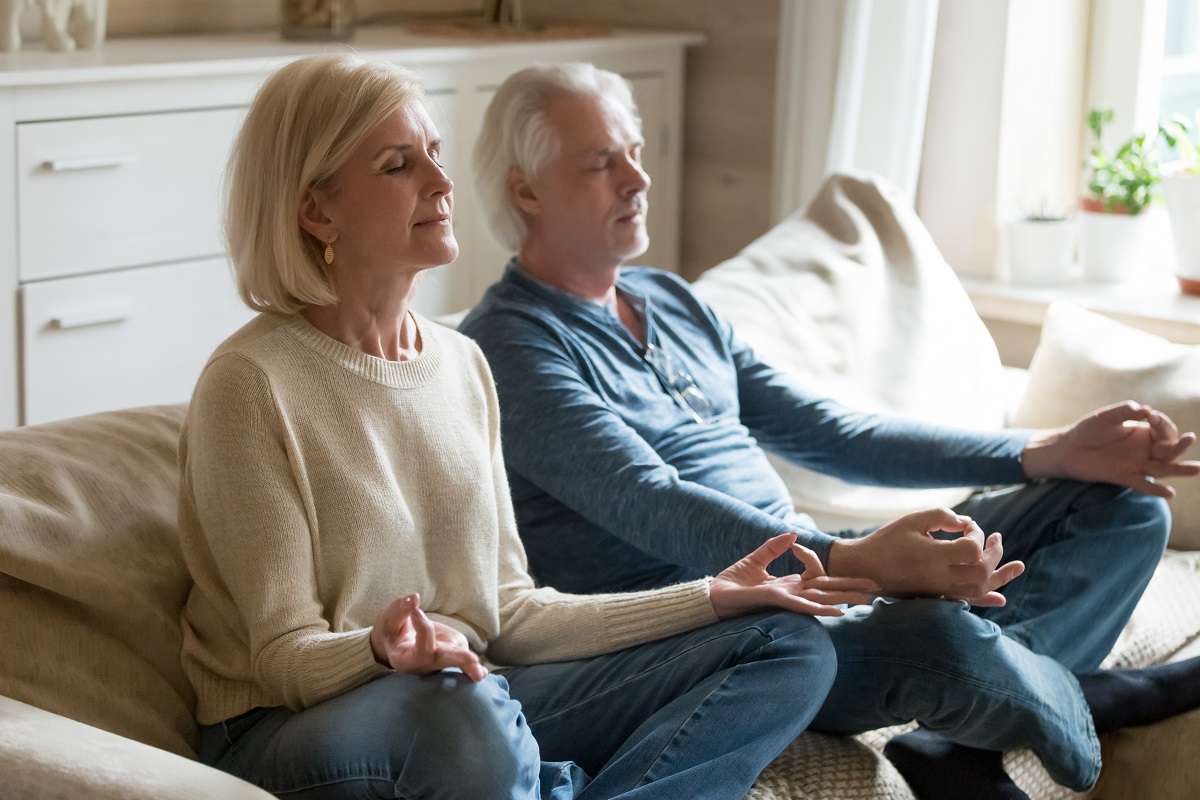Senior meditation can help seniors focus, relax, and redirect their thoughts to reduce the stress that results from the changes that come with aging. The process also offers many psychological and health benefits. The benefits are why the number of adults turning to meditation is on the rise.
About 44% of adults in the United States between 50 to 80 years old report feeling stressed, according to the latest statistics. Stress may lead to poor physical health and overall well-being. A good dose of guided meditation or mindfulness can help you feel more at peace or even address that chronic pain that has been bothering you.
What Is Meditation?
Shutting the noise and relaxing one’s body and mind require conscious effort. One way to achieve such a state is through meditation.
Meditation refers to techniques that tap into the consciousness to take a deep rest, increase self-awareness, and attain better well-being. It has many benefits — especially for older adults who experience age-related behavioral changes like losing focus and attention.

What Benefits Does Meditation Have For Seniors?
About four in 10 adults meditate at least once every week, according to a study from the Pew Research Center. In terms of religious affiliation, Buddhist adults practice meditation the most.
As a practice, the popularity of meditation only continues to grow. And it’s generating more buzz even among senior adults. The reason? It offers a long list of benefits, which include the following:
1. Reduces chronic pain
In the United States, one in five people suffers from chronic pain, with the poor, elderly, and women especially at higher risk, per the US Centers for Disease Control and Prevention. The risk increases as adults grow older and are subjected to higher stress levels.
Guided meditation assists people in ushering their minds into a relaxed state, making managing pain much easier.
2. Enhances strength and balance
Bones and muscles weaken as people age. Though you cannot deny this fact, seniors can still work to improve their mobility as they grow older. They can avoid injuries and falls with enhanced balance, flexibility, and strength.
3. Aids in better digestion
When aging loved ones meditate, they activate the so-called parasympathetic nervous system. One of the responsibilities of this system is to facilitate good digestion.
4. Lowers blood pressure
Doing exercises like tai chi and practicing meditation techniques are good for the heart. When seniors improve their cardiovascular health, they can maintain a blood pressure level and heart rate ideal for their age.
5. Improves memory
One of the many benefits of meditation is increased blood flow to the brain. As a result, aging adults can boost their memory and lessen instances of forgetfulness (which is a behavior normal for the elderly). They can also increase their attention span.
What Is The Difference Between Mindfulness And Meditation?
Meditation is a formal practice wherein people intently set aside time to improve their well-being, covering both physical and emotional health.
On the other hand, mindfulness can be an informal or formal way of being more in the present moment. It’s more of general awareness. Anyone can do this act of paying more attention to themselves and their surroundings anytime and anywhere.
The formal practice of mindfulness is what is called mindfulness meditation.

How Can Mindfulness Help Seniors?
Seniors often find themselves perplexed by the changes that come with aging. Apart from deteriorating their physical health, they may feel socially isolated and guilty about having their family members handle their caregiving needs.
These concerns affect their mental health as well.
They will primarily benefit from alleviating their stress and depression when practicing mindfulness. Different types of meditation available for people their age are designed to help regulate their breathing and lower the amount of cortisol (the stress-causing hormone) in their bodies.
Besides stress reduction, mindfulness meditation sessions can also enhance mood.
Becoming more self-aware increases one’s satisfaction in life. Once seniors learn to accept their reality, they will experience a drastic shift in their perspective and significantly improve their overall quality of life — including their sleep quality and quantity.
Note that when people age, falling and staying asleep can be challenging. It can be attested by elderly care providers and those in senior living facilities. One of the biggest benefits of meditation for seniors is better regulation of sleep cycles.
Being well-rested also has a lasting impact on their physical and mental resiliency.

What Are The Stages Of Meditation?
Even beginners can use mindfulness meditation to enjoy lasting positive effects. But for starters, it’s essential to know some of the common stages of meditation:
- Developing a consistent meditation practice
- Overcoming mind-wandering and turning your focus to your breathing
- Extending your attention and combatting forgetting and falling asleep
- Overcoming a strong sense of dullness and gross distractions (distractions that push your meditation object aside)
- Overcoming subtle dullness and improving your awareness
- Subduing subtle distractions (distractions that remain in the background despite having a fairly stable concentration)
- Sustaining exclusive attention and powerful mindfulness
- Pacifying your physical and mental senses
- Calming the intensity of your meditative joy
- Achieving tranquility and equanimity
Does Meditation Help With Alzheimer’s?
Alzheimer’s disease — the most common type of dementia — affects patients’ memory and thinking skills. In the US, approximately 6.5 million senior adults have this brain disorder.
One of the biggest predictors of Alzheimer’s is cognitive decline. But those who experience early signs of cognitive impairment can benefit from regular meditation.
In a landmark study published in the Journal of Alzheimer’s Disease, researchers found that meditation can reduce chronic stress and, in turn, boost their cognitive reserve.
Chronically stressed people have a higher risk of developing this brain disease. Integrative healthcare practitioners can combine conventional health strategies with some form of meditation (e.g., visualization, deep breathing) to reduce that likelihood.

What Apps Can Help Me Learn Senior Meditation?
Seniors can attend a meditation class to reap the many health benefits of meditation. But apart from in-person group sessions, there are other options. Thanks to the meditation app and meditation podcast boom, the accessibility of this practice has dramatically improved.
In their own quiet place, they can achieve self-awareness with these best meditation tools:
1. Headspace
A top choice for beginners and pros alike, this pioneering app offers guided meditation sessions that can be easily accessed and tracked. It has a seamless design and engaging animations, which make the app even more appealing to older-aged users.
2. Calm
Calm has both guided and unguided meditations. It also features ambient sounds that can benefit users with poor concentration and sleep quality.
3. Insight Timer
This app grants access to more than 7,000 free and guided meditations. Voiced by thousands of teachers, their content touches many other topics, such as creativity and relationships.
4. Ten Percent Happier
Novices in the world of meditation can begin their journey through this app, which takes inspiration from an eponymous book. This tool offers guided meditations that are on the shorter side.
5. UCLA Mindful
This app offers meditation sessions (ranging from three to 19 minutes) under the guidance of a premier institute in this field, the UCLA Mindful Awareness Research Center.
6. Sanvello
Older adults can enjoy this meditative app that also functions as a cognitive tool. Besides meditation lessons, users can track their goals, mood, and thoughts through web-based journaling.

